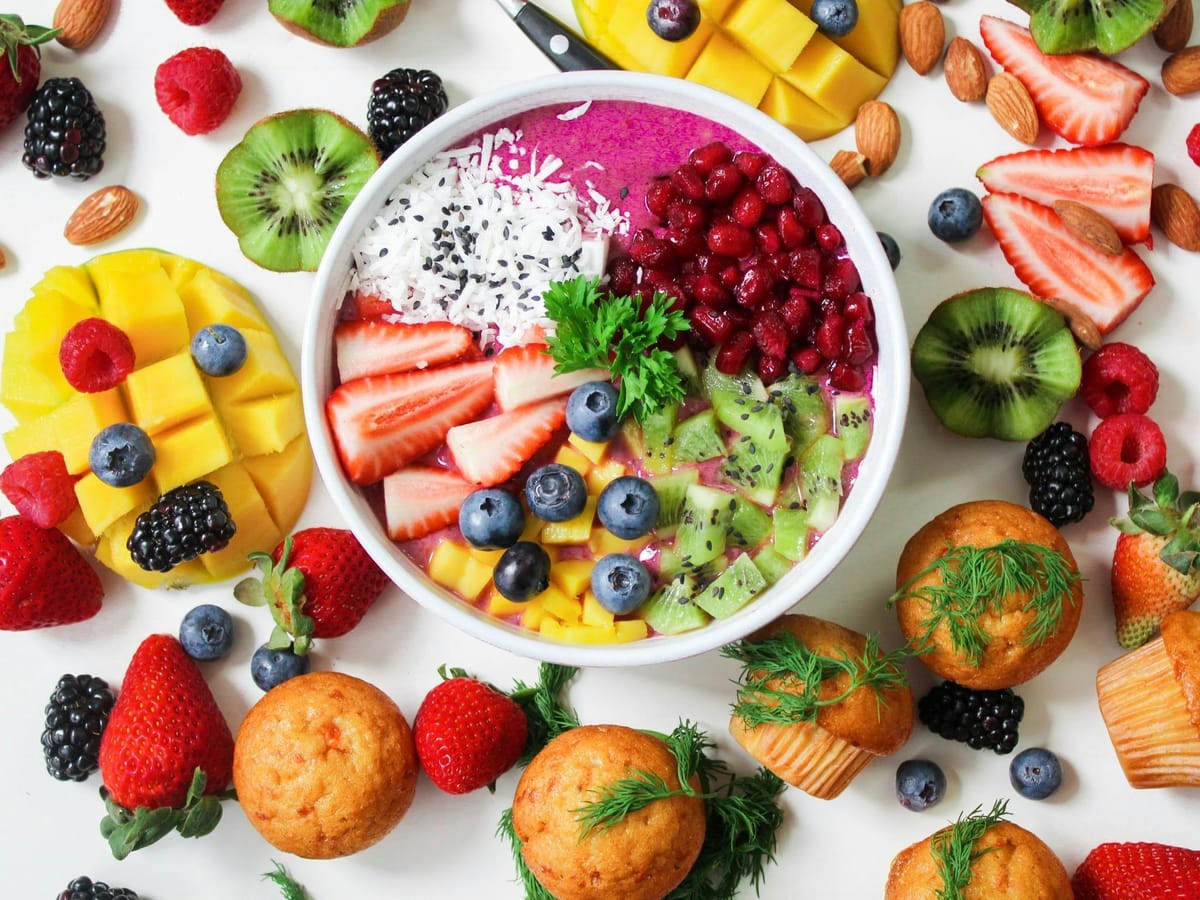The Problem with “Clean Eating” in Everyday Life
Is clean eating as healthy as it sounds, or is it quietly feeding our anxiety around food? From guilt to cultural exclusion, this popular trend has a few hidden flaws. If you've ever felt stressed about eating “right,” or wondered what healthy really means… keep on reading.

“Clean eating” is a phrase that’s been around for years now, appearing on food blogs, in cookbooks, and in Instagram posts of perfectly arranged smoothie bowls. At first glance, it sounds simple and appealing: Eat more whole foods and avoid overly processed ones, and you’ll feel better.
And often, that’s true. Eating a variety of minimally processed foods can support health in many ways.
But clean eating isn’t always as straightforward, or helpful, as it’s made out to be. In everyday life, this way of eating can sometimes become confusing, restrictive, or even emotionally draining.
So What Does “Clean Eating” Actually Mean?
Clean eating usually refers to choosing foods as close to their natural state as possible. That might mean:
- Cooking from scratch with whole grains, vegetables, fruits, legumes, and proteins
- Drinking mostly water
- Using fats like olive oil or avocado
- Avoiding packaged snacks, refined sugars, or ready-made meals
On the surface, these habits can support energy levels, digestion, and overall health.
But there’s no official definition of clean eating. What one person considers “clean” might look completely different to someone else. That grey area can lead to confusion or to overly strict rules that leave people feeling anxious about food choices.
When Clean Eating Helps
Many people feel genuinely better when they start eating more whole foods. It’s not uncommon to notice more stable energy, improved digestion, or fewer cravings when staying away from ultra-processed meals.
But the benefits of clean eating often depend on how it’s approached. When it becomes rigid or all-or-nothing, it can cause more stress than support.
Where It Starts Getting Complicated
It’s Easy to Lose Perspective
Because “clean” isn’t clearly defined, it can quickly become about cutting out more and more foods.
At first, it might just be fast food. Then white bread. Then frozen veggies. Then pasta, even if it’s made from scratch. The bar keeps moving.
Without realising it, eating can start to feel like a test you’re constantly trying to pass.
It Can Lead to a Lack of Nutrients
If entire food groups, like grains, dairy, or culturally significant staples, are eliminated, it may lead to gaps in nutrition.
Skipping whole grains that contain gluten might lower your fiber intake. Avoiding dairy without a suitable alternative could reduce calcium levels
Even well-intended choices can impact your body over time if variety isn’t maintained.
It Affects How We Feel Around Food
Clean eating often comes with invisible baggage. You might start thinking in labels: this is a “good” meal, and that snack was a “bad” choice.
Before long, food starts to feel like something to be judged or feared.
This mindset is draining. And in some cases, it can spiral into disordered eating patterns, like orthorexia (an overwhelming fixation on eating only what feels “pure” or “right”).
It Can Make Social Situations Stressful
Sharing food is such a central part of human connection. But when your way of eating feels too strict to bend, it can make birthdays, brunches, and family dinners feel stressful. Or something to avoid altogether.
Some people describe feeling isolated or “out of place” in settings where their clean eating habits don’t fit in.
It Leaves Out Cultural Food Traditions
One of the most overlooked problems with clean eating is how it often centres on Western ideas of health.
Staples like white rice, fried plantains, or tortillas, that are deeply rooted in many cultures, are sometimes dismissed simply because they don’t fit a narrow definition of “clean.”
But food isn’t just fuel. Its identity, history, celebration, and comfort. A healthy diet should have room for all of that.
A Kinder, More Sustainable Approach
So, what’s the alternative?
Make Space for Flexibility
You don’t have to follow strict food rules to eat well. You’re allowed to enjoy different kinds of food. Some days might look more “balanced” than others, and that’s okay.
Let Go of Labels
Instead of thinking of food as clean or dirty, healthy or unhealthy, try tuning into how it makes you feel, physically and emotionally. All foods can serve a purpose.
Remember That Food Is More Than Nutrition
Yes, food fuels us, but it also connects us to people, cultures, memories, and joy. That matters just as much as vitamins and minerals.
Trust Yourself
You already know a lot about what feels good in your body. If something isn’t sitting right, mentally, physically, or emotionally, it’s okay to re-evaluate and shift.
Final Thoughts
Clean eating often begins with good intentions. And when approached with balance and flexibility, it can support your health in wonderful ways.
You don’t have to follow every rule, eat every “right” food, or avoid every indulgence to take care of yourself.
Nourishing yourself means finding a way of eating that works in your real life, not just on a Pinterest board.